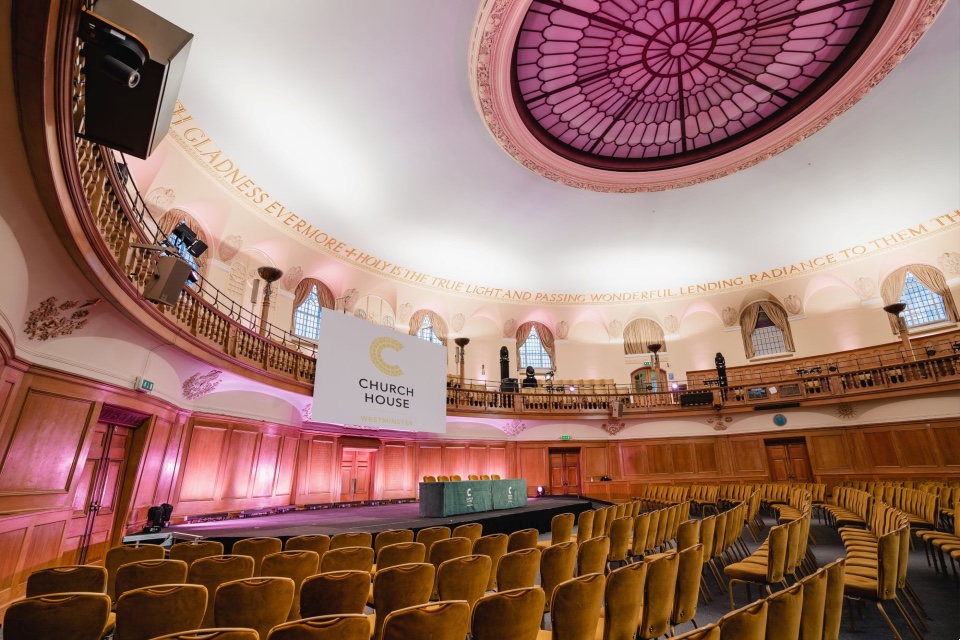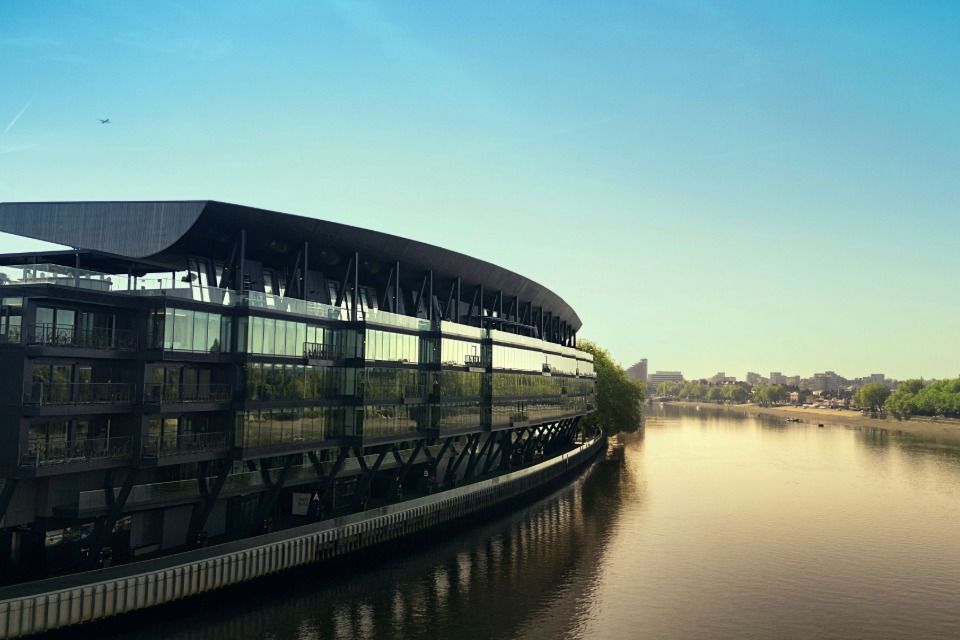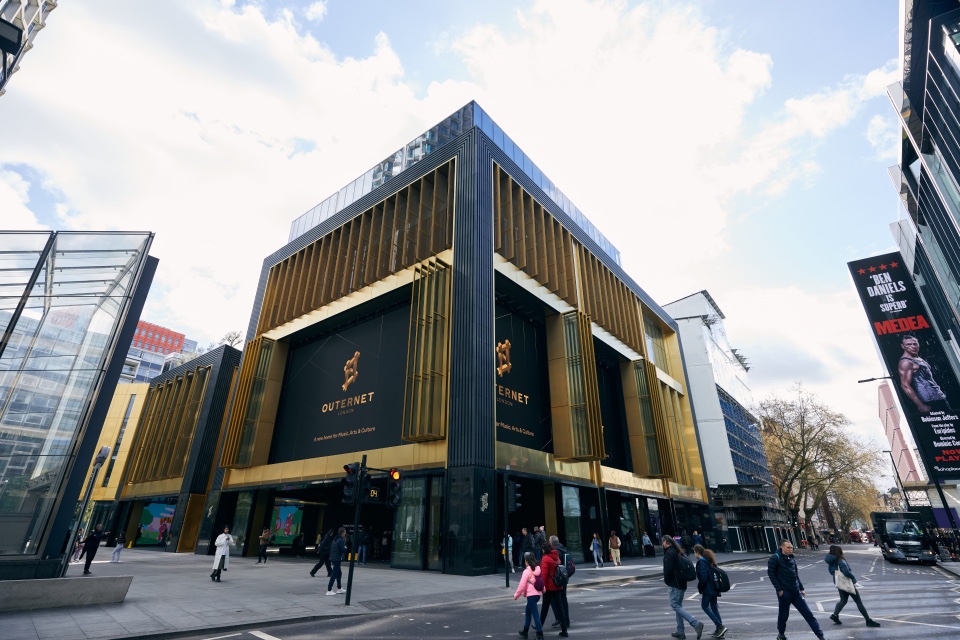A quiet but powerful shift is taking place in the UK’s events landscape: more event planners are looking beyond London and embracing regional cities such as Manchester, Bristol, Glasgow, Birmingham, and Leeds as prime destinations for national and international events. While the capital remains a prestigious location, rising costs, increasing demand for sustainability, and enhanced regional infrastructure are fuelling this regional renaissance…
Cost-Effective Without Compromise
Budget is a driving force behind the shift. Hosting large-scale events in London continues to carry a premium, from venue hire to accommodation and catering. In contrast, regional cities offer competitive pricing while still delivering modern facilities and high-quality hospitality. Cities like Manchester and Birmingham now boast purpose-built venues such as Manchester Central and the ICC, supported by growing clusters of hotels and transport links, all at a more cost-efficient rate.
Improved Accessibility and Infrastructure
Years of investment in transport have made regional hubs more accessible than ever. With direct rail connections to London and major airports, cities like Bristol and Glasgow are increasingly viable for international delegates. Improvements in digital infrastructure—such as high-speed connectivity and hybrid event capabilities—have also boosted the appeal of regional venues for both in-person and virtual attendees.
Support from Local Authorities and CVBs
Regional cities are doubling down on their efforts to attract conferences, exhibitions, and corporate events. Local authorities and convention bureaux (CVBs) are offering marketing support, venue sourcing, financial incentives, and sustainability guidance to make their cities stand out. Initiatives such as Glasgow’s People Make Glasgow Business and Meet Bristol & Bath are successfully positioning their regions as welcoming, innovative, and logistically viable options for professional gatherings.
Sustainability and Regional Impact
Sustainability is playing a growing role in event planning strategies. Organisers are under pressure to reduce the environmental impact of their events, particularly travel-related emissions. Choosing a location closer to attendees or suppliers, especially in sectors with strong regional networks, helps reduce carbon footprints. Additionally, hosting events outside the capital can distribute economic benefits more equitably across the country, supporting local businesses and communities.
A Distinctive Experience
Finally, the rise of regional cities offers event organisers the opportunity to craft more distinctive experiences. Each location brings its own cultural identity, food scene, and heritage, all elements that can be woven into event programming to boost engagement and memorability.
As the events industry embraces decentralisation, regional cities are stepping confidently into the spotlight. With improved infrastructure, local support, and a strong value proposition, destinations beyond London are no longer a compromise, they may be a strategic advantage.
Are you searching for venues for your event projects? The Event Organisers Summit can help!
Photo by Paul Marlow on Unsplash






